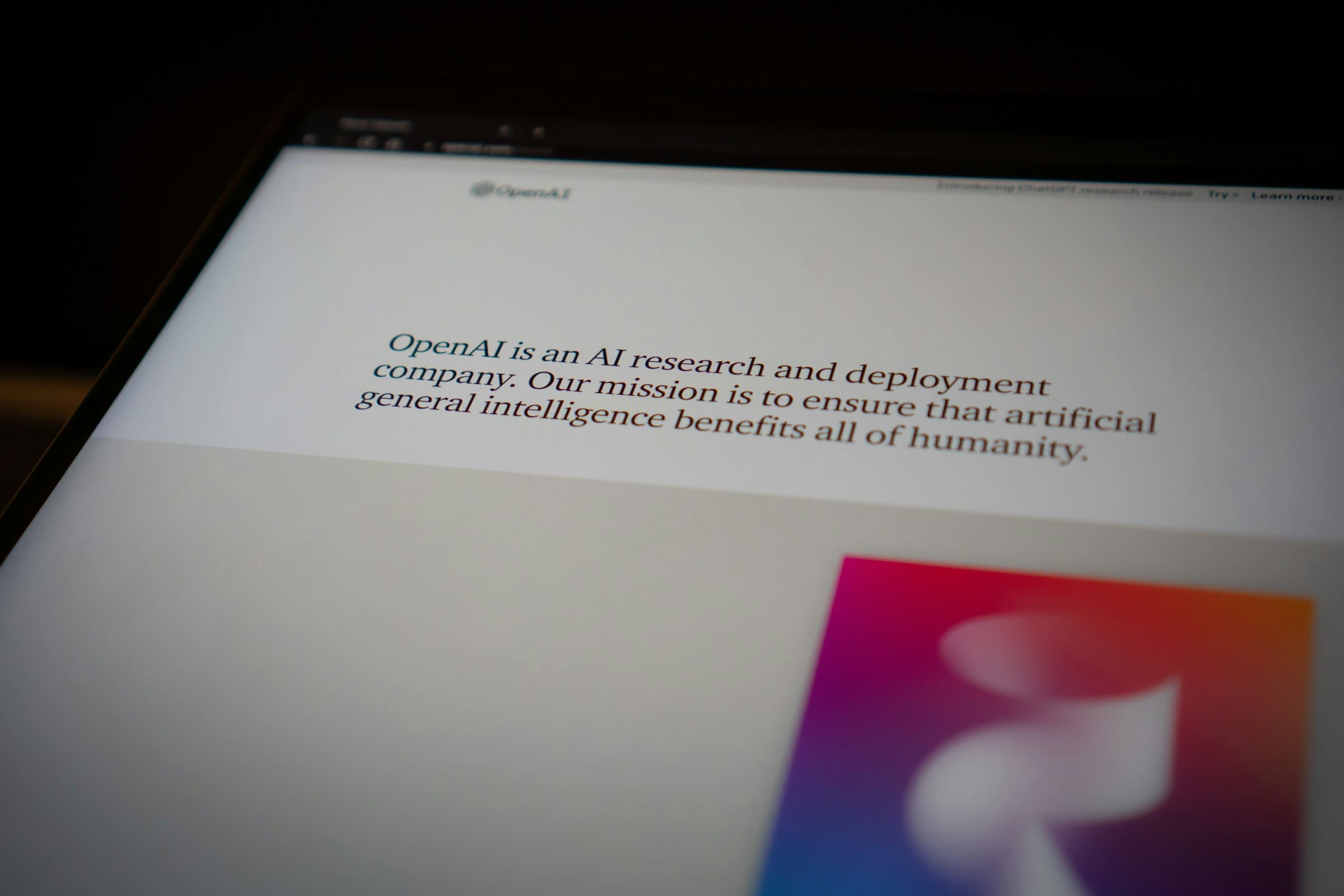In-Short
- Elon Musk renews legal action against OpenAI, alleging deception and breach of founding principles.
- The lawsuit accuses OpenAI founders of fraud, self-dealing, and RICO law violations.
- Musk seeks damages and punitive measures, including divestment of gains by OpenAI’s Sam Altman.
- OpenAI defends its capped-profit model as necessary for advancing AI research responsibly.
Summary of Elon Musk’s Legal Battle with OpenAI
Elon Musk has reinitiated a lawsuit against OpenAI, intensifying his legal battle with the AI research company he co-founded. The new allegations accuse OpenAI and its founders, Sam Altman and Greg Brockman, of manipulating Musk into supporting a non-profit venture under false pretenses. Musk’s lawyer, Marc Toberoff, has described the updated lawsuit as more forceful, targeting federal racketeering laws and alleging a conspiracy to defraud Musk.
The complaint details Musk’s belief that he was lured into co-founding OpenAI with promises of AI safety and transparency. He claims that after investing resources and recruiting top talent, OpenAI shifted towards a profit-making model, betraying its original mission. The lawsuit also highlights alleged self-dealing by Altman and ethical concerns regarding OpenAI’s operations and its partnership with Microsoft, particularly a clause about AGI technology rights.
Musk’s legal action is not just seeking restitution but also punitive measures against the defendants. The case raises significant questions about the accountability of AI companies to their founding principles and could set important legal precedents. Despite the lawsuit, OpenAI maintains that its transition to a capped-profit model is essential for its AI research and development and that it remains committed to responsible AI development.
Image credit: Jonathan Kemper via Unsplash
Further Reading
For more detailed insights into the lawsuit and its implications for the tech industry, readers are encouraged to visit the original source.










